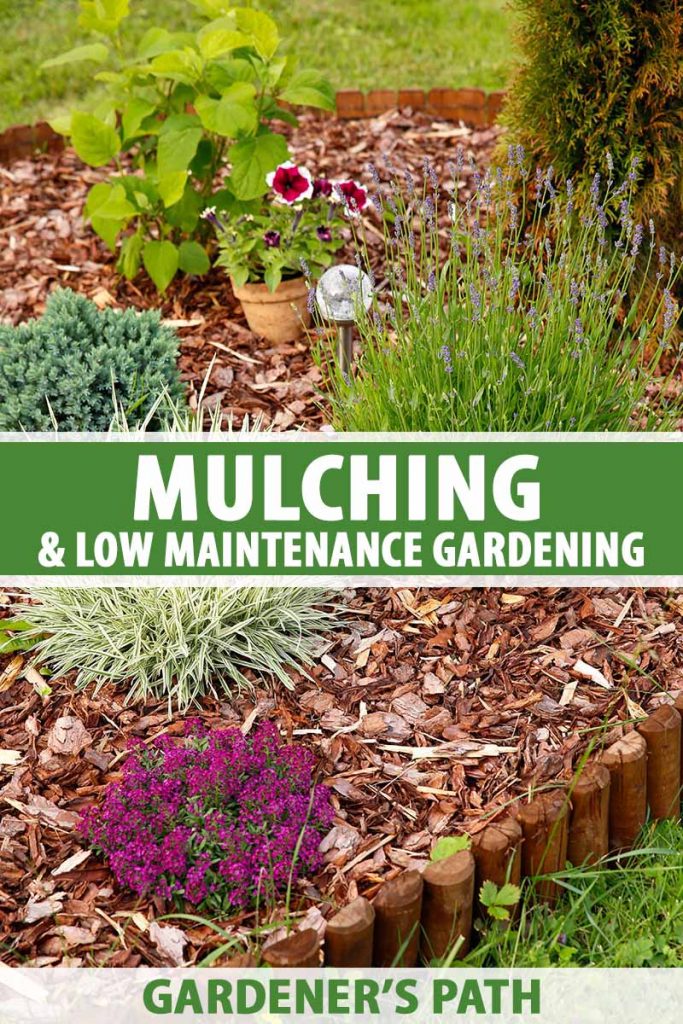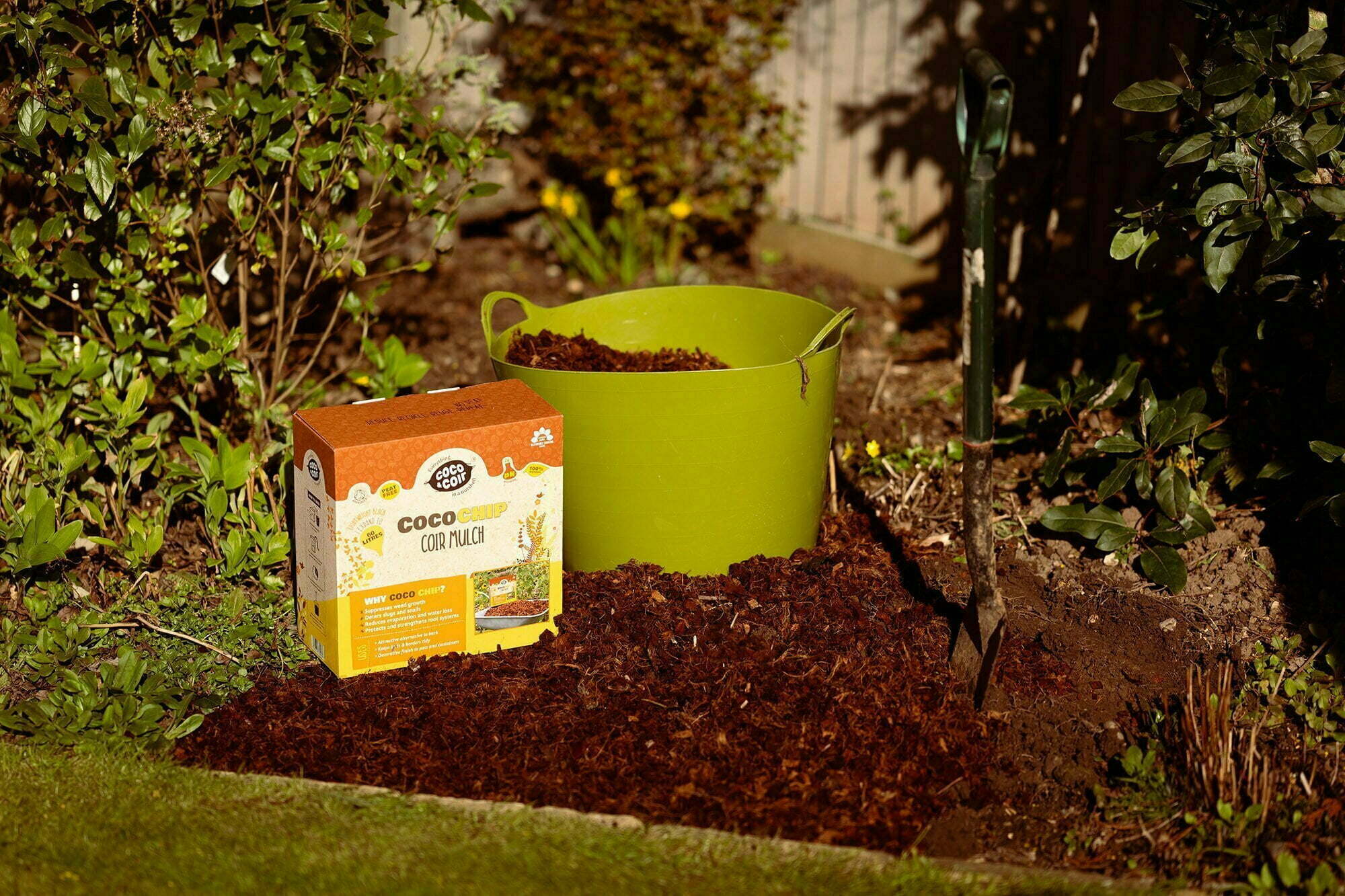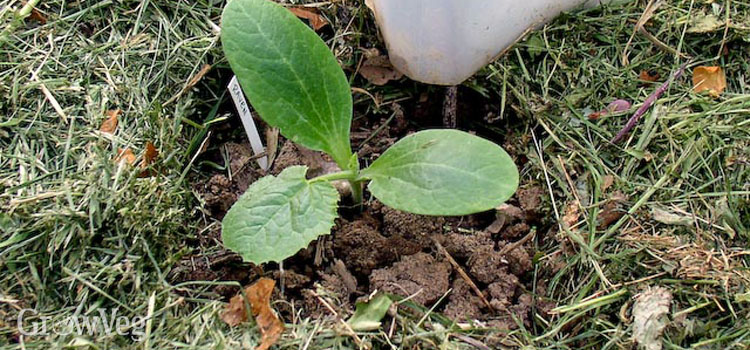Best Mulch For Perennials:
Title: Best Mulch for Perennials: A Guide to Choosing the Right Mulch for Your Garden
Introduction
Perennials are a great way to add beauty and interest to your garden year-round. But to keep them healthy and thriving, they need the right care. One important part of caring for perennials is mulching. Mulch helps to retain moisture in the soil, suppress weeds, and protect the roots of your plants from extreme temperatures.
There are many different types of mulch available, so it can be tough to know which one is the best for your perennials. In this blog post, we will discuss the different types of mulch and help you choose the right one for your garden.
Main Content
Types of Mulch
There are four main types of mulch:
- Wood mulch is made from shredded or chipped wood. It is a popular choice for perennials because it is attractive, easy to find, and relatively inexpensive. Wood mulch also helps to improve the drainage of the soil and can suppress weeds. However, it is important to note that wood mulch can raise the pH of the soil over time, so it is not a good choice for plants that prefer acidic soil.
- Pine bark mulch is made from shredded pine bark. It is similar to wood mulch in terms of its appearance and benefits. However, pine bark mulch is less likely to raise the pH of the soil, making it a better choice for plants that prefer acidic soil.
- Organic matter mulch is made from materials such as compost, leaves, and straw. It is a good choice for perennials because it is highly beneficial to the soil. Organic matter mulch helps to improve the drainage and aeration of the soil, as well as add nutrients. However, organic matter mulch can break down quickly, so it may need to be replaced more often than other types of mulch.
- Synthetic mulch is made from materials such as rubber, plastic, or stone. It is a long-lasting and low-maintenance option, but it is not as beneficial to the soil as organic mulch. Synthetic mulch can also be unsightly and can trap heat, which can be harmful to plants in hot climates.
Choosing the Right Mulch for Your Perennials
When choosing the right mulch for your perennials, there are a few factors to consider:
- The type of perennials you are growing: Some perennials prefer acidic soil, while others prefer alkaline soil. Make sure to choose a mulch that will not raise or lower the pH of the soil too much.
- The climate you live in: If you live in a hot climate, you will need a mulch that will help to retain moisture. If you live in a cold climate, you will need a mulch that will help to insulate the roots of your plants from the cold.
- Your personal preferences: Some people prefer the look of natural mulches, while others prefer the low-maintenance of synthetic mulches. Ultimately, the best mulch for you is the one that you like the best and that will work well for your plants.
Conclusion
Mulching is an important part of caring for perennials. By choosing the right type of mulch for your plants and applying it correctly, you can help to keep your perennials healthy and thriving for years to come.
There are many different types of mulch that can be used for perennials, but some of the best options include:
- Cedar mulch: Cedar mulch is a natural insect repellent that can help to keep pests away from your perennials. It is also a good choice for areas with hot, dry summers, as it helps to retain moisture in the soil.
- Pine bark mulch: Pine bark mulch is another natural insect repellent that is also effective at suppressing weeds. It is a good choice for areas with heavy rainfall, as it helps to improve drainage.
- Cocoa bean mulch: Cocoa bean mulch is a dark brown mulch that adds a rich, earthy look to your garden. It is also a good choice for areas with hot, dry summers, as it helps to retain moisture in the soil.
- Straw mulch: Straw mulch is a good choice for areas with cold winters, as it helps to insulate the roots of your perennials. It is also a good choice for areas with high weed pressure, as it helps to suppress weeds.
No matter which type of mulch you choose, it is important to apply it in a layer that is 2-3 inches thick. This will help to suppress weeds, retain moisture, and improve the overall health of your perennials.
To learn more about the best mulch for perennials, visit Home Gardening.
FAQ of best mulch for perennials
- What is the best mulch for perennials?
There are many different types of mulch that can be used for perennials, but some of the most popular and effective options include:
* Wood mulch: Wood mulch is a good choice for most perennials, as it helps to retain moisture, suppress weeds, and improve soil drainage. It is important to choose a type of wood mulch that is appropriate for the pH of your soil. For example, if you have acidic soil, you should use a hardwood mulch such as oak or maple. If you have alkaline soil, you should use a softwood mulch such as pine or cedar.
* Compost: Compost is another excellent mulch option for perennials. It helps to improve soil fertility and structure, and it also helps to suppress weeds. Compost can be made from a variety of organic materials, such as leaves, grass clippings, and vegetable scraps.
* Pine needles: Pine needles are a natural and attractive mulch that can be used for a variety of perennials. They help to retain moisture and suppress weeds, and they also add acidity to the soil, which can be beneficial for some perennials.
* Straw: Straw is a good choice for mulching perennials that need a lot of moisture, such as strawberries. It helps to keep the soil moist and cool, and it also helps to suppress weeds.
- How much mulch should I use around perennials?
The amount of mulch you use around perennials will depend on the size of the plants and the type of mulch you are using. A general rule of thumb is to apply a layer of mulch that is 2-4 inches thick. If you are using a light-colored mulch, such as pine needles, you may need to apply a thicker layer to help suppress weeds.
- How often should I reapply mulch around perennials?
You should reapply mulch around perennials as needed, but typically every year or two. The frequency of reapplication will depend on the type of mulch you are using and the climate in your area. For example, if you live in an area with heavy rainfall, you may need to reapply mulch more frequently.
- What should I do with old mulch?
Old mulch can be left in place as it decomposes, or it can be removed and replaced with fresh mulch. If you choose to remove old mulch, be sure to add some new mulch to the area to help suppress weeds.
- What are some other benefits of mulching perennials?
In addition to suppressing weeds and retaining moisture, mulching perennials can also provide a number of other benefits, such as:
* Protecting the soil from erosion: Mulch helps to protect the soil from wind and water erosion, which can help to keep your perennials healthy and productive.
* Improving soil aeration: Mulch helps to improve soil aeration by breaking up compacted soil and allowing air and water to penetrate more easily. This can help to promote healthy root growth.
* Attracting beneficial insects: Mulch can attract beneficial insects, such as ladybugs and lacewings, which can help to control pests that damage perennials.
* Improving the appearance of your garden: Mulch can help to improve the appearance of your garden by adding color and texture. It can also help to create a more uniform and finished look.
Image of best mulch for perennials
- Wood chips: Wood chips are a popular choice for mulch because they are relatively inexpensive and easy to find. They also break down slowly, providing long-term benefits to the soil.

- Pine needles: Pine needles are another good option for mulch. They are acidic, which can be beneficial for some plants, and they also help to suppress weeds.

- Shredded leaves: Shredded leaves are a free and easy way to mulch your perennials. They are also a good source of nitrogen, which can help to fertilize your plants.

- Bark mulch: Bark mulch is another attractive and long-lasting option. It is made from recycled wood bark, so it is a sustainable choice.

- Coir: Coir is a natural fiber that is made from coconut husks. It is a good choice for mulch because it is lightweight, absorbent, and weed-suppressing.

- Grass clippings: Grass clippings are a free and easy way to mulch your perennials. They are best used when they are dry and crumbly.

- Straw: Straw is another free and easy way to mulch your perennials. It is best used when it is dry and free of weed seeds.
- Wood shavings: Wood shavings are a good choice for mulch because they are lightweight, absorbent, and weed-suppressing. They are also a good source of carbon, which can help to balance the pH of the soil.

- Peat moss: Peat moss is a good choice for mulch because it is lightweight, absorbent, and helps to retain moisture in the soil. However, it is important to note that peat moss is a non-renewable resource, so it is not the most sustainable choice.

Post a Comment for "Best Mulch For Perennials:"